In today’s fast-paced, hyper-connected world, you constantly seek ways to grow your business, reach more customers, and stay ahead of the competition. If you’re managing marketing responsibilities or partnering with a digital marketing agency, you’ve likely heard about digital marketing automation. But the question that often arises is this: Is it worth the investment?
The short answer? Yes — but only when it’s implemented strategically.
In this article, you’ll discover exactly what digital marketing automation is, why it’s become such a hot topic, how it works, and most importantly, how you can use it to improve your marketing outcomes. We’ll help you decide whether it’s the right move for your business and how to get started the right way. Ready? Let’s dive in.
What Is Digital Marketing Automation?
Before you can evaluate the return on investment (ROI), you need a clear understanding of what digital marketing automation actually means.
Simply put, digital marketing automation involves using software tools and technologies to automate repetitive marketing tasks. This can include everything from sending email campaigns, scheduling social media posts, and scoring leads to managing customer journeys and segmenting audiences.
Rather than performing these tasks manually, you can let a system handle them, freeing up your time and improving efficiency.
If you’ve ever received a welcome email after signing up for a newsletter or seen a product ad that perfectly matched your recent search history, you’ve already experienced marketing automation in action.
What Can You Automate?
With the right tools and strategies, you can automate nearly every stage of the customer journey. Here’s a breakdown of what you can streamline:
- Email Marketing: Schedule campaigns, send follow-ups, and nurture leads automatically based on user behavior.
- Social Media Management: Plan and publish posts across platforms in advance and analyze performance.
- Lead Scoring & Segmentation: Automatically assign values to leads and organize them based on actions, demographics, or interests.
- Customer Relationship Management (CRM): Keep track of customer interactions, automate reminders, and personalize messaging.
- Ad Campaigns: Manage and optimize paid ads based on real-time performance data.
- Analytics & Reporting: Automatically gather and visualize data from multiple channels to inform decisions.
By working with a Digital Marketing Agency, you can integrate these tools into a cohesive strategy tailored to your goals.
Benefits of Digital Marketing Automation
So, why should you consider investing in automation? Here’s how it can make a tangible difference in your business:
Time Savings
Imagine the time you’d save by not having to manually send every email or post every social update. Automation allows you to set up campaigns in advance and let them run on autopilot, giving you more time to focus on strategy and growth.
Better Lead Nurturing
You can deliver timely, relevant content to your leads without having to lift a finger. Whether it’s a welcome series, product recommendations, or special offers, automation ensures your message reaches the right person at the right time.
Higher Conversion Rates
Because automation allows for more personalized communication, it often leads to better engagement. Targeted emails and offers that speak directly to your audience’s needs can significantly boost your conversion rates.
Improved ROI
While there’s an upfront cost to marketing automation tools, the long-term ROI can be substantial. With better lead management, fewer manual errors, and more effective campaigns, your marketing dollars go further.
Scalability
Whether you’re a solo entrepreneur or running a large enterprise, automation scales with your business. You won’t need to hire more staff to handle a growing number of leads or customers — automation takes care of the heavy lifting.
Challenges You Should Consider
While marketing automation has plenty of upsides, it’s not without its challenges. Knowing these in advance will help you prepare and implement the right solution.
Initial Setup Can Be Complex
If you’re new to automation, getting started may feel overwhelming. You’ll need to understand your customer journey, segment your audience correctly, and create meaningful content to automate.
That’s where a Digital Marketing Agency can be invaluable. They’ll help you set up the right tools, workflows, and content strategy that aligns with your goals.
Not a Set-It-and-Forget-It Solution
Despite the word “automation,” this isn’t something you can ignore once it’s set up. You’ll need to monitor your campaigns, test different variables, and make data-driven improvements regularly.
Cost Considerations
While automation can save money long-term, the initial investment in tools and resources can be significant. Popular platforms like HubSpot, Mailchimp, and ActiveCampaign offer scalable pricing, but the best results often require a combination of tools and expertise.
Is It Right for You?
To determine whether digital marketing automation is worth it, ask yourself the following:
- Do you have a steady flow of leads or customers that you need to nurture?
- Are your current marketing tasks taking up too much time or producing inconsistent results?
- Could your team benefit from better insights, targeting, or efficiency?
- Do you have access to the content and resources necessary to fuel an automation system?
- Would partnering with a Digital Marketing Agency help fill in knowledge or skill gaps?
If you answered yes to most of these, automation is likely a smart investment for your business.
Getting Started with Digital Marketing Automation
Ready to explore marketing automation for your brand? Here’s how to get started the right way:
Define Your Goals
What do you want to achieve — more leads, increased sales, higher customer retention? Your goals will shape your automation strategy and tool selection.
Map the Customer Journey
Understand your customer’s path from awareness to purchase and beyond. Identify touchpoints where automation can make a meaningful impact.
Choose the Right Tools
There’s no one-size-fits-all tool. Based on your needs, budget, and team capabilities, select a platform (or combination of platforms) that fits. Some popular choices include:
- HubSpot (great for all-in-one automation)
- ActiveCampaign (affordable and flexible)
- Marketo (enterprise-level power)
- Mailchimp (ideal for small to mid-sized businesses)
Segment Your Audience
Use data to group your audience based on demographics, behavior, and preferences. The more personalized your messages, the better your results.
Create Quality Content
Automation only works if you have compelling content to deliver. Think emails, lead magnets, landing pages, and personalized offers.
Test and Optimize
Monitor your campaign performance regularly. Use A/B testing, feedback loops, and analytics to refine and improve over time.
Conclusion
Digital marketing automation can be a game-changer, offering unmatched efficiency, personalization, and results. However, it requires planning, investment, and ongoing optimization to truly pay off.
By working with a knowledgeable Digital Marketing Agency, you can avoid common pitfalls and maximize your ROI. These experts can help you choose the right tools, set up effective workflows, and create a data-driven roadmap for sustainable growth.
Still unsure? Don’t go it alone. Contact Us today to explore how marketing automation can transform your digital strategy. We’ll help you assess your needs and build a customized plan that gets results — all while saving you time, effort, and money.

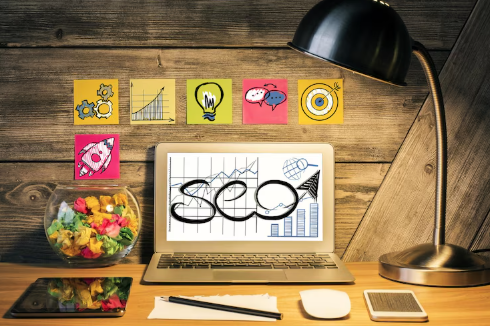



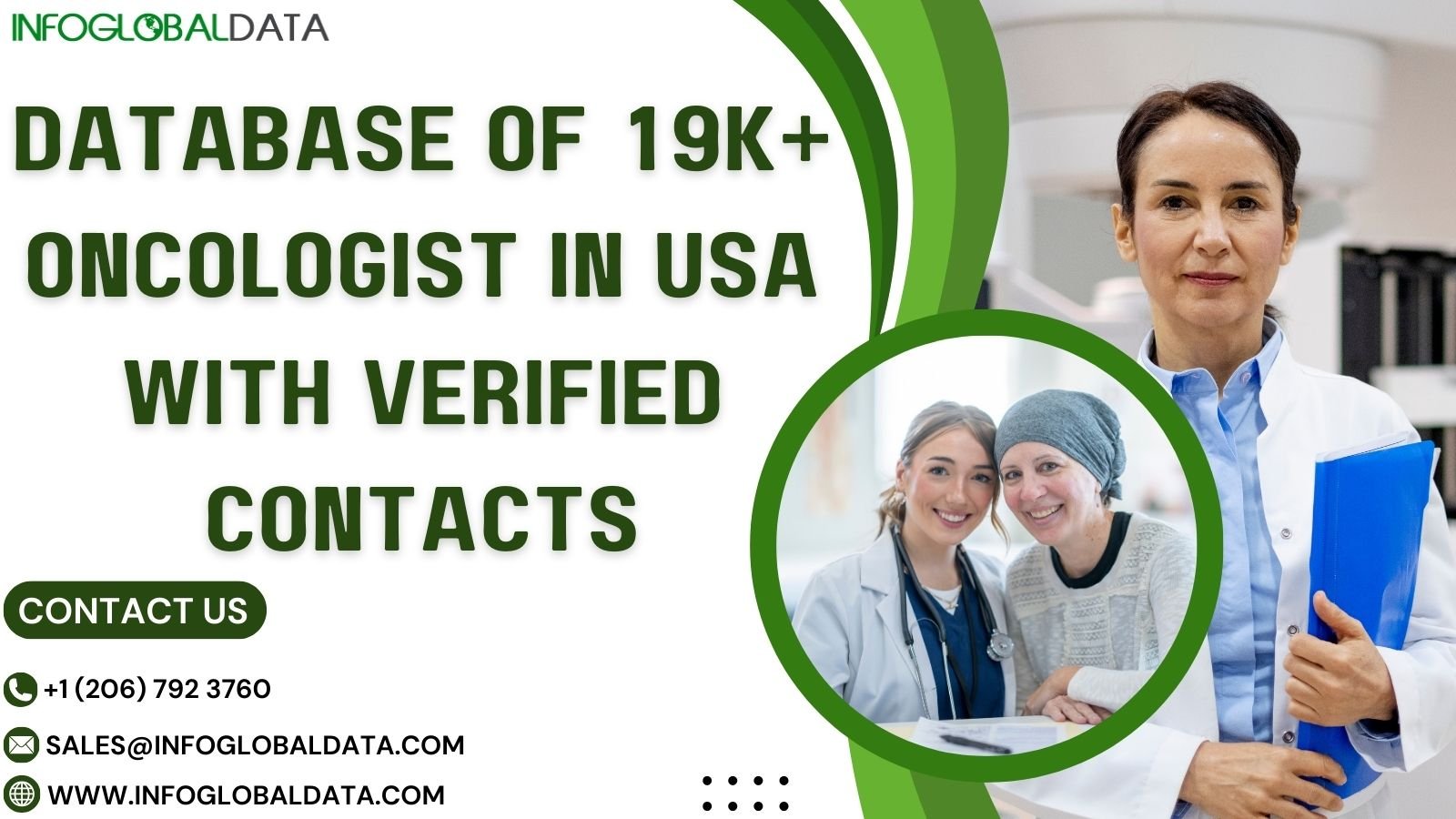
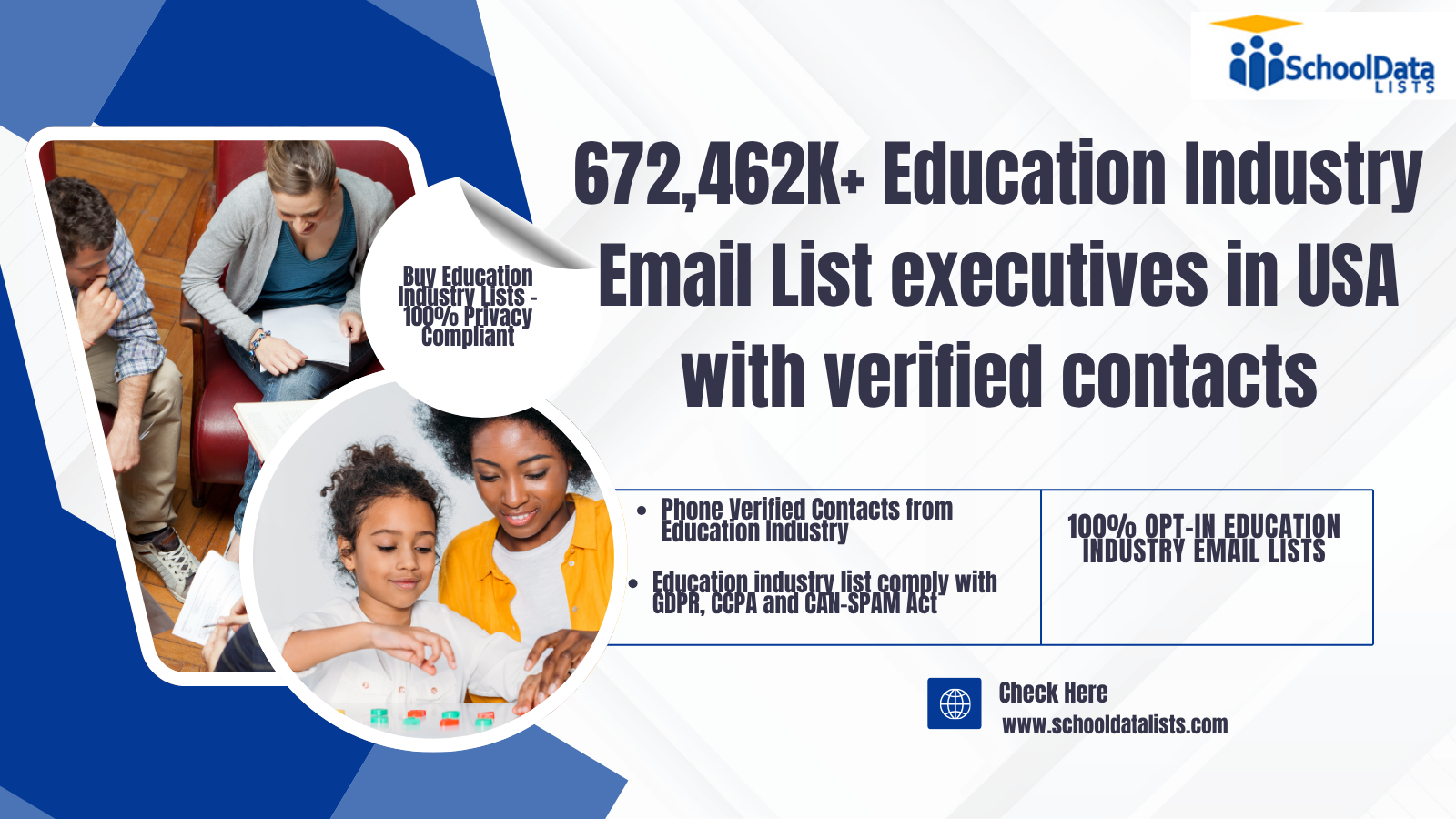



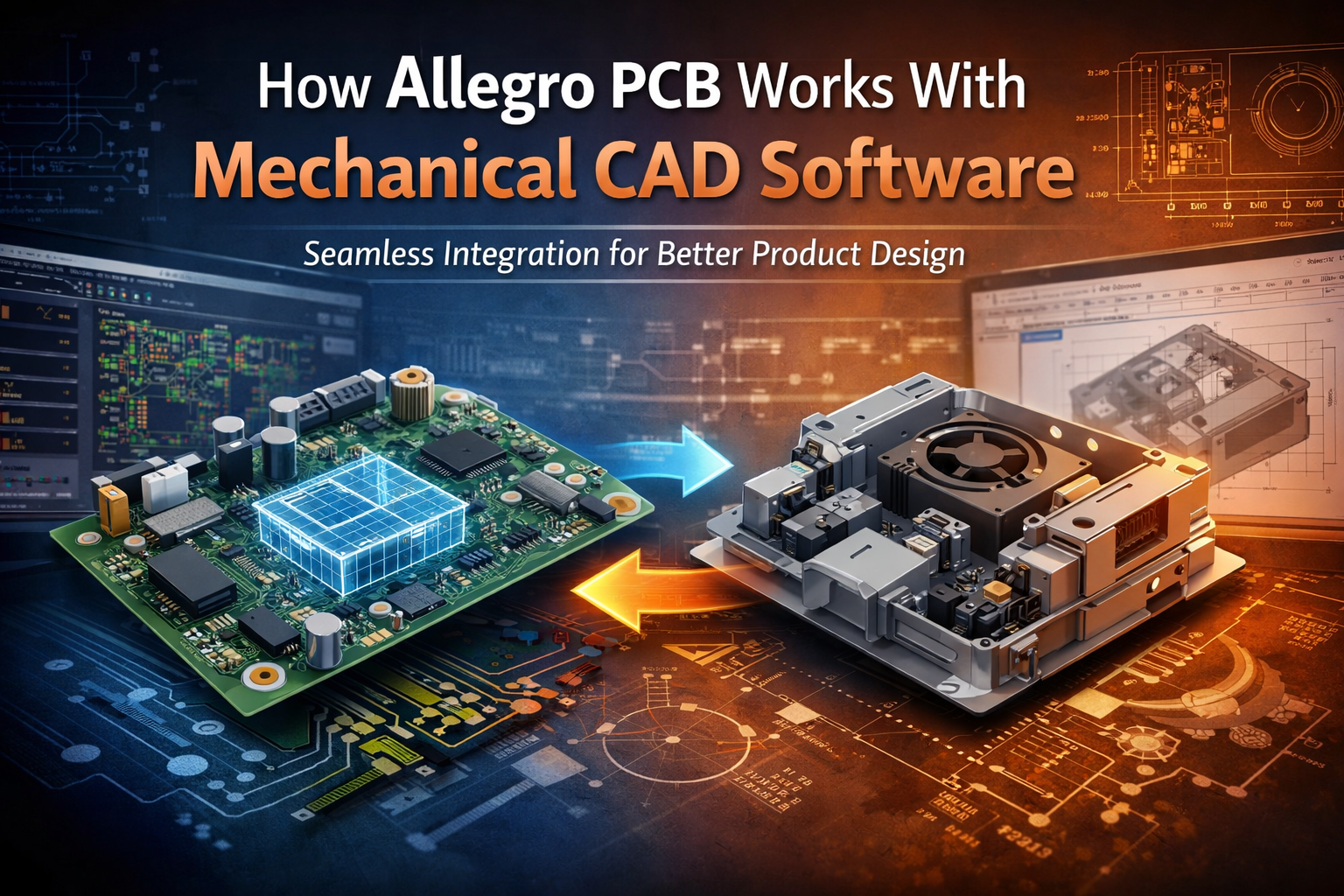
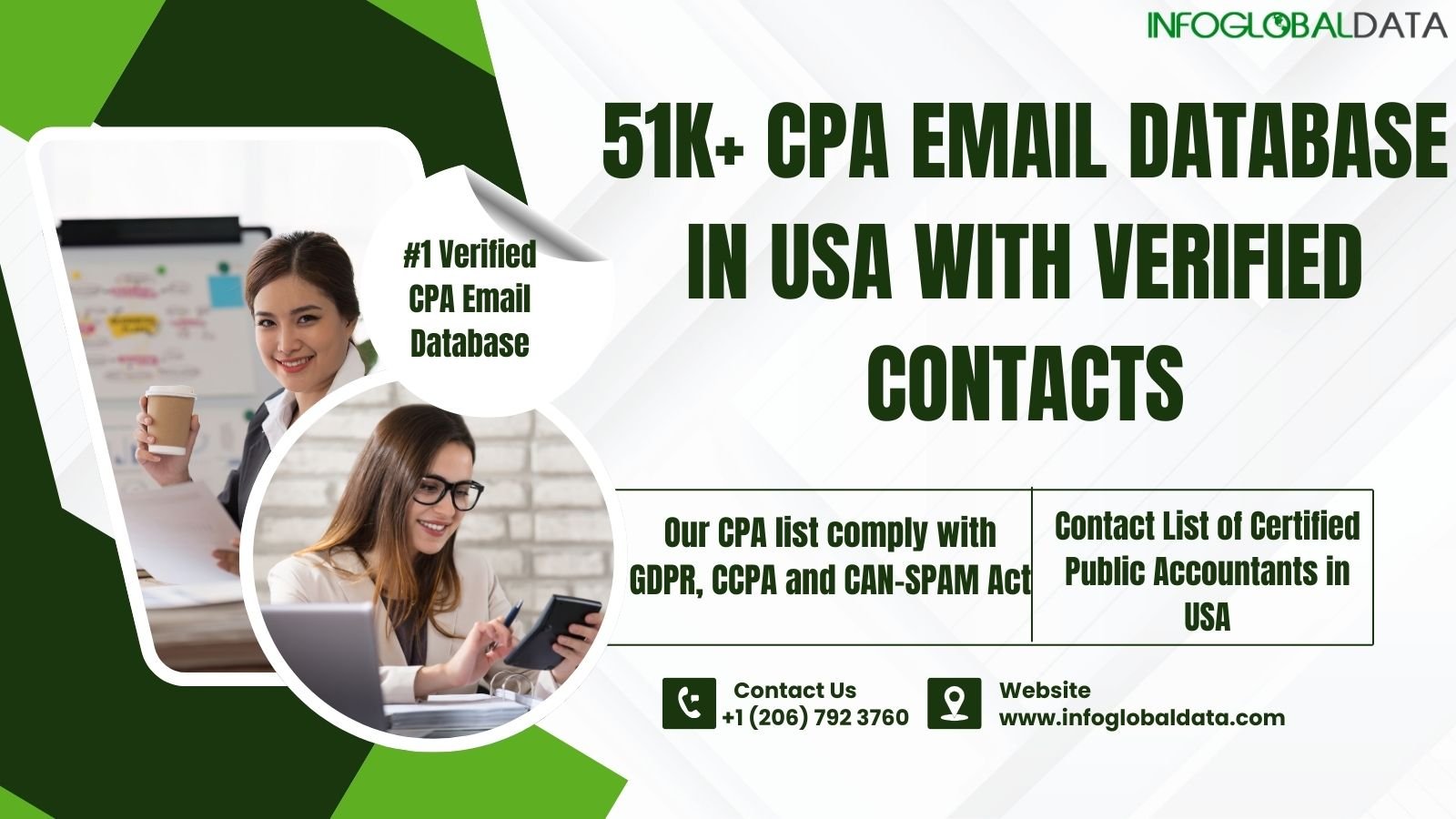
Leave a Reply